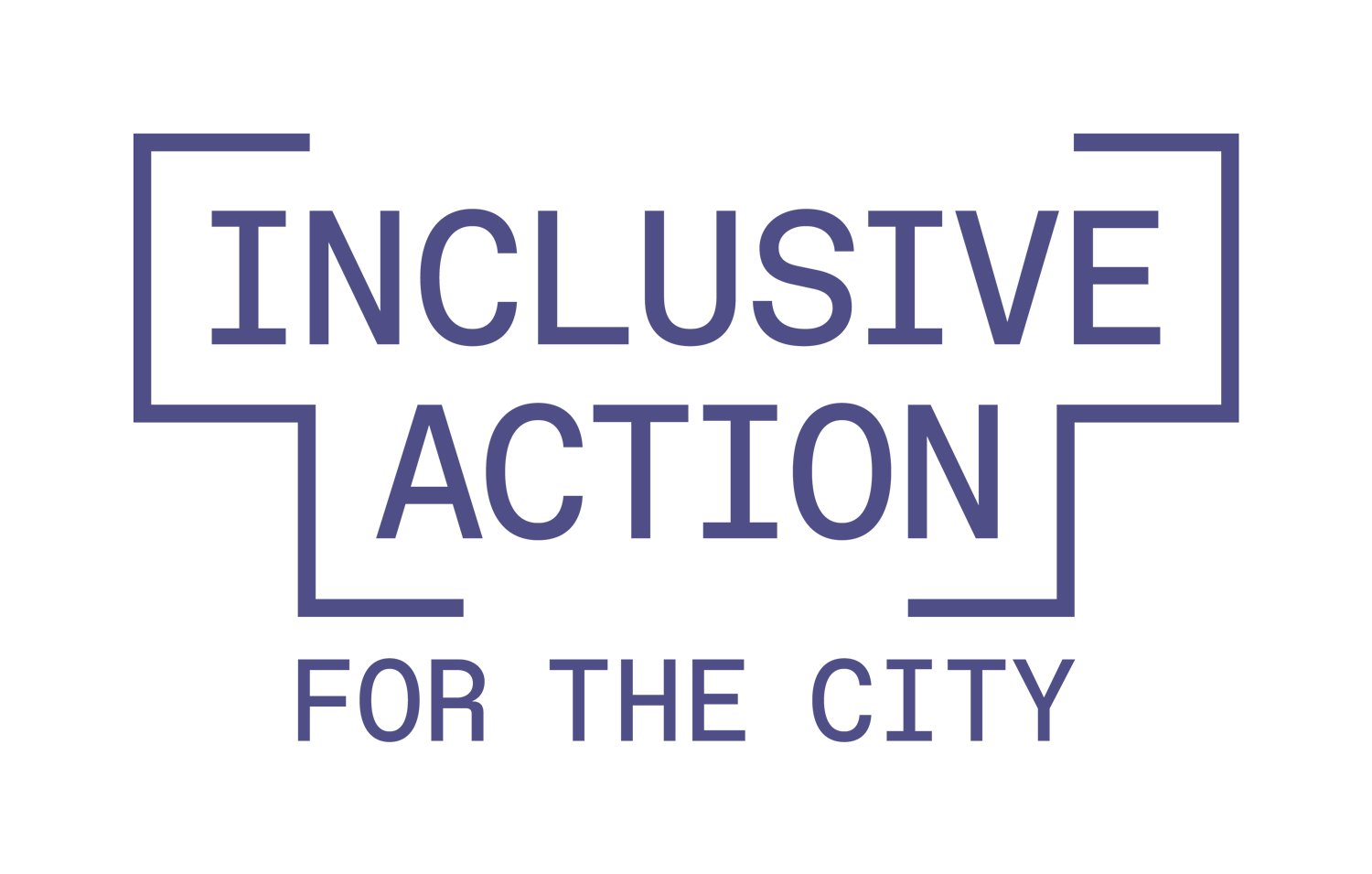Thoughts on the #BodegaStrike: The Power of Organized Micro-Entrepreneurs
Yesterday, thousands of Yemeni bodega owners took to the streets of New York City to demand an end to the travel ban imposed by the President against legal visitors from 7 Middle Eastern countries.
These business owners, many of whom probably run their shops on their own, made a choice to lose a full day of work to make their voices heard. This is not a small investment for a bodega owner: working class entrepreneurs who barely venture out to stock their shelves, much less take part in a protest.
Community organizing involving businesses isn’t new and businesses are usually the targets of activists. Saul Alinsky wrote about the actions his organization took around racist department stores, Cesar Chavez is famous for leading the UFW’s grape boycott against large growers, and most recently we’ve seen the power of #deleteUBER and divestment efforts against financial institutions involved in the Dakota Access Pipeline.
But there are few examples in recent memory where small businesses disrupt their own enterprises to demand a policy change.
As a hasidic jew I felt the importance to stop by at my local bodega to show support 4 #MyYemeniNeighbor Sami & Mohammad. #BodegaStrike ???? pic.twitter.com/HNMAA98j0X
— David Schwartz (@DavidSchwartz48) February 3, 2017
What took place with the #BodegaStrike was not a run-of-the-mill business association function. Nobody hired a consultant to lobby local elected offices on their behalf. The #BodegaStrike was thousands of working class entrepreneurs SHUTTING DOWN their own stores to say enough is enough.
That’s huge.
This action is important because in addition to the bodega owners taking themselves out to the streets, they forced their hundreds of daily customers to metaphorically go out with them. These Yemeni bodega owners are not only valued citizens in their communities, they run enterprises that are part of the routines of hundreds of customers everyday. The bodegas in New York, just like the stores here in Los Angeles, are an important fabric of our neighborhoods, often serving as the only source of snacks, produce, or other supplies in their community. To many people, grabbing a morning cup of coffee from the local corner store is part of the daily routine. Their owners are not Muslim, Yemeni, or even immigrants… they’re the friend they see everyday on the way to work or on the way back home.
When the neighborhood store you rely on is closed unexpectedly, you feel that, you wonder why, and you ask them what happened when they reopen.
The bodega owners showcased not only the power of individuals asking for change, but also showcased their values, as well as an interesting proposition: that a community's micro-entrepreneurs could serve as a vanguard for education, rights, and civic engagement.
At LURN, we see clearly how these small stores are neighborhood assets. In partnership with the LA Food Policy Council and APIOPA, we’ve organized over 45 “bodegas” to buy food together through our COMPRA Foods initiative. Every week, these stores place orders through us and get produce and healthy snacks delivered to them. Our goal is to organize their combined economic power to bring better products into their community-serving stores. To work with them is truly an honor, and seeing the #BodegaStrike reminded me that they can not only help facilitate access to healthy food in our communities, but they can also be ambassadors for justice.
Witnessed a bit of the #BodegaStrike after leaving work today. Absolutely powerful. pic.twitter.com/0Mi1TCsGVc
— ?Belle? (@PumpsNKicks) February 2, 2017
